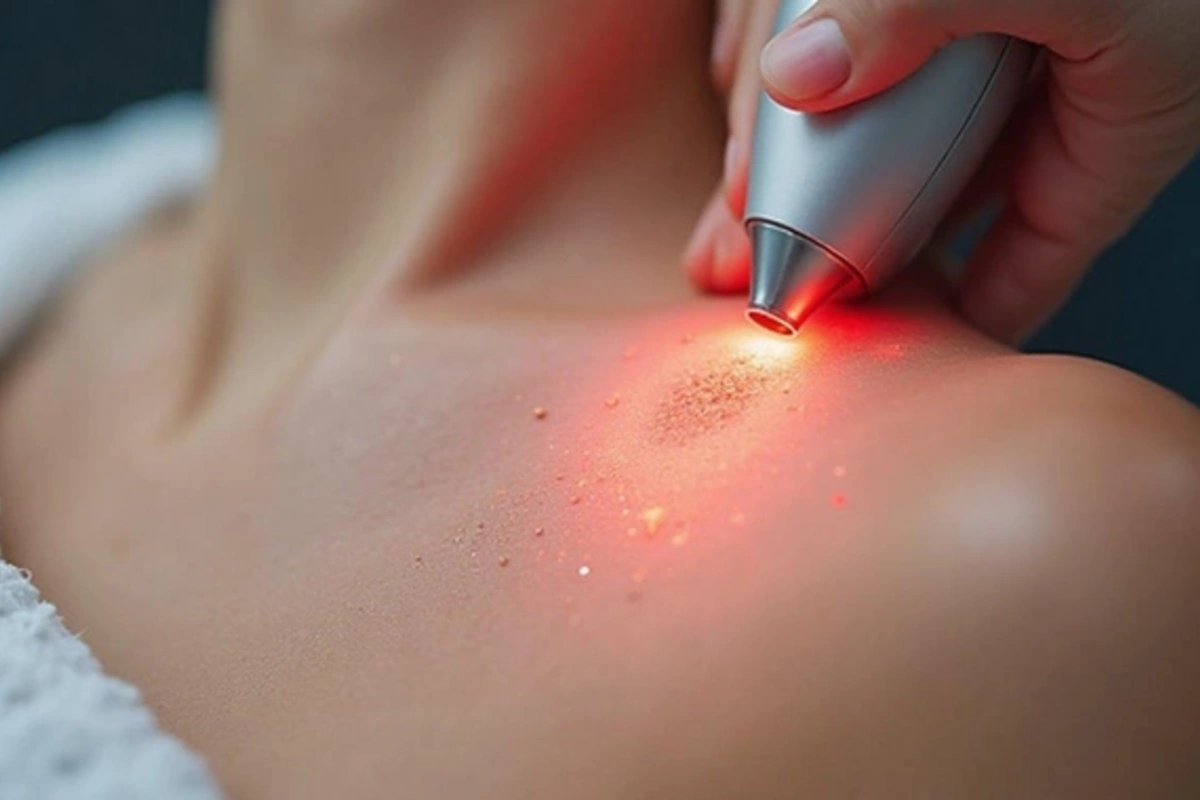25 Jul , 12:17
0

Laser Hair Removal: Popular Procedure in the Crosshairs of Myths and Facts
Hair removal using laser has become one of the most sought-after cosmetic procedures of modern times. However, over the years, an aura of troubling rumors has formed around this technology. Many still fear that "laser is harmful" and may even "cause oncological diseases".
TUT.AZ conducted an investigation to separate scientific facts from speculation, relying on expert opinions and research.
Among the confirmed side effects of laser hair removal, specialists highlight temporary local reactions: skin redness, burning sensation, crust formation, and swelling. In rare cases, changes in pigmentation, peeling, and irritation are possible, especially in sensitive areas.
Long-term effects of laser hair removal:
Despite ongoing scientific research, there is currently no evidence of cancer risk from the procedure. Nevertheless, experts warn that irregular use of laser and the use of uncertified equipment could potentially negatively affect skin cells.
Does laser cause cancer? – Scientific view
Key point: the rays used in laser hair removal are not ionizing. Unlike X-rays or radioactive radiation, they cannot alter the genetic code of cells. Scientific evidence of a direct link between laser hair removal and cancer development has not been found.
Authoritative organizations — the American Academy of Dermatology (AAD) and the World Health Organization (WHO) — confirm the safety of laser procedures when performed in licensed clinics on certified equipment. At the same time, they emphasize the importance of clinical observation in special cases.
Scientific literature lacks specific evidence or officially registered cases confirming the carcinogenicity of laser hair removal. Although such claims can be found on social media, they are not supported in scientific journals and medical documentation. Studies show that improperly performed procedures in extremely rare cases may stimulate precancerous skin changes.
For whom is laser risky?
Special caution should be exercised by people with a history of skin cancer, active skin diseases (psoriasis, eczema), hormonal imbalances, as well as those with recent burns or open wounds in the treated areas.